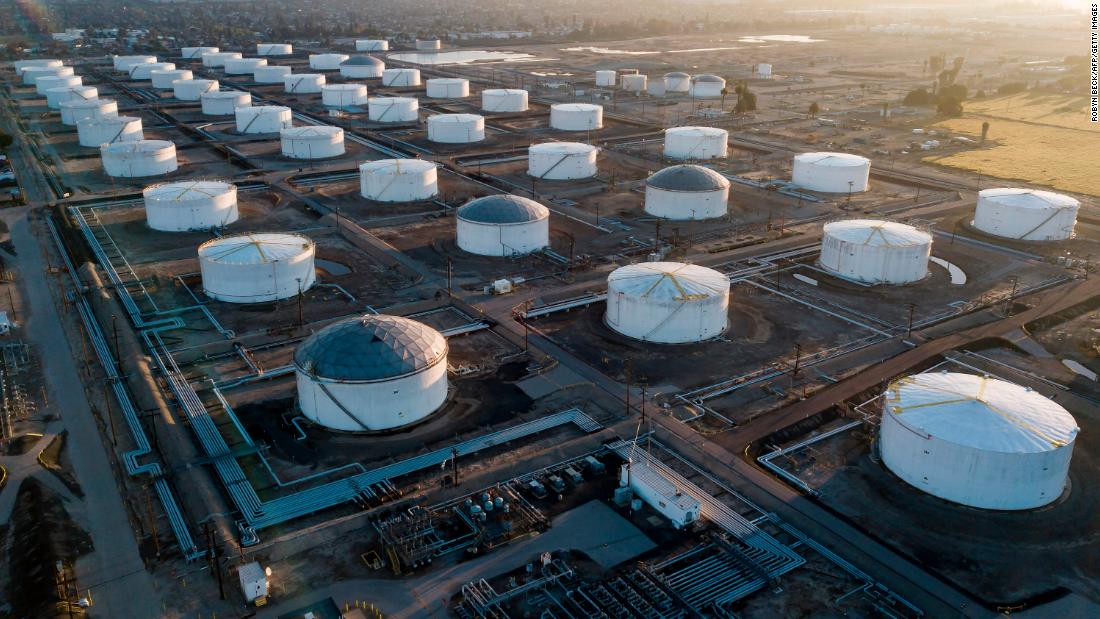Oil refiner Motiva has closed its manufacturing complex in Port Arthur, America’s largest oil refinery, due to freezing temperatures.
“We are carefully monitoring the weather conditions and will resume normal operations as soon as it is safe to do so,” said a spokesperson for Motiva.
The long way back
The last time the West Texas oil price hit over $ 60 was on January 7, 2020. It was just as reports of coronavirus infections began to spread. .
Just three months later, as travel halted and demand for oil plummeted, an untimely price war between Russia and Saudi Arabia resulted in a glut of supply. On April 20, oil turned negative for the first time, falling to-$ 40.32 and stabilizing below zero the next day before rebounding.
Since then, the outlook for oil has improved markedly: the US economy grew at a record pace in the third quarter of 2020, and air travel hit pandemic records on Thanksgiving and Christmas.
Oil rose steadily throughout August until it remained in a holding pattern near $ 40 for several months. But since polling day, oil has risen again, climbing 64%, as prospects for economic stimulus and vaccines have increased.
Soaring prices
The winter weather in Texas was another boost. US oil climbed 1.1% to $ 60.12 on Monday. Brent, the global benchmark, rose 1.4% to $ 63.30 a barrel.
Rising oil prices could potentially push up gas prices, which have been climbing in recent months. Although the two products are not directly correlated, petroleum is the main component of gasoline and can help gasoline prices trade higher or lower.
A gallon of gasoline rose to an average of $ 2.51 in the United States on Monday, according to AAA. This is 7 cents more than a year ago and 14 cents more than last month. Gasoline prices hit a low of $ 1.77 per gallon in April.
Speculation?
But the rebound in energy prices may not depend solely on waiting for demand to return. Travel has rebounded but remains paltry compared to before the pandemic, and business travel could take years to return to normal. Commuting is likely dead forever for millions of workers who will continue to work from home long after Covid-19 is in the rearview mirror. And the oil companies are betting big on a future dominated by green energy.
BP, Shell and Total have unveiled pledges to reduce greenhouse gas emissions from their own operations to net zero by 2050, and their CEOs have raised the urgent need to develop new lines of business to offset the declining demand for oil. Exxon has announced it will invest $ 3 billion in technology that cuts emissions until 2025. And President Joe Biden has made tackling climate change a top priority. He announced that the United States would join the Paris climate agreement on his first day in office and quickly ended new oil and gas leases on federal lands.
While demand for oil may eventually rebound – perhaps for years – all of these factors weighing on fossil fuels suggest that much of the rebound in oil may be part of the asset bubble fueling the massive surge in prices. stocks, other commodities, and digital currencies like bitcoin.
Only time will tell to determine how much oil is left in the room. In the meantime, investors are happy and drivers may be paying more at the pump.
– CNN Business’s Julia Horowitz and Alison Kosik contributed to this report
